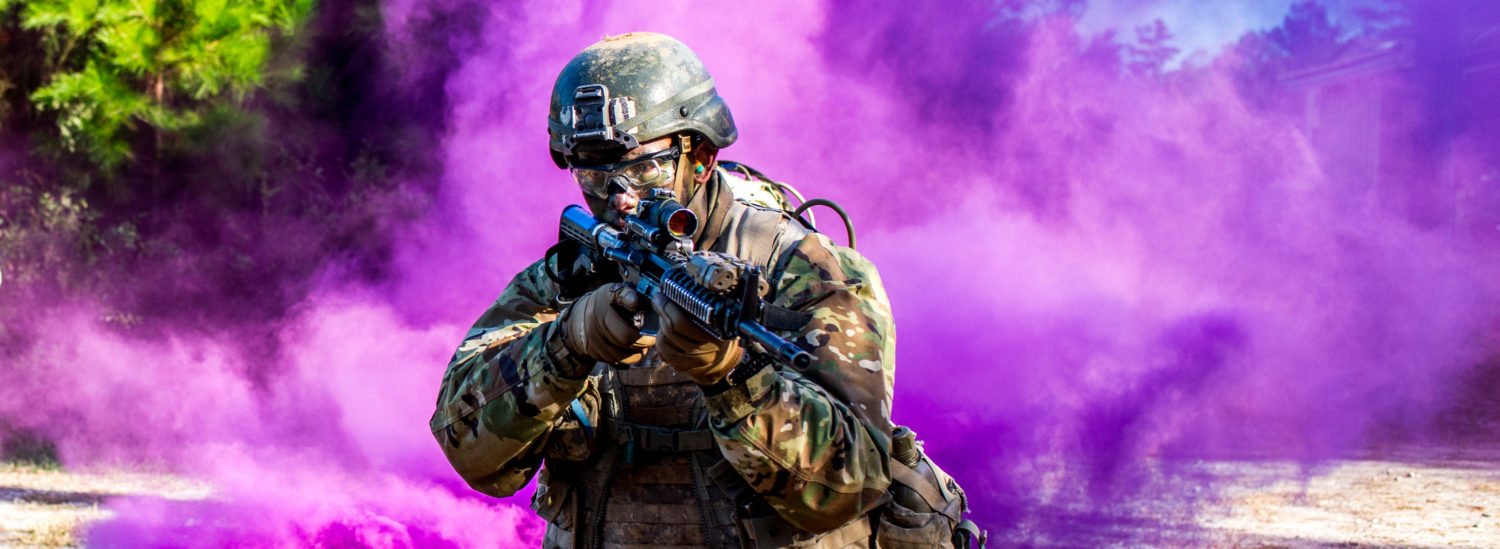Why I decided to serve, why I continue to serve, and how it fits into the greater purpose of my life, all differ. Military service was not a given path when I was growing up. There is minimal history of military service in my family. Nonetheless, my father raised my brothers and me to have a deep reverence of the ideals that create the American identity. With that came an appreciation of those who served. While this belief in America, appreciation for the Armed Forces, and – by nature of my age when it happened – the effects of 9/11, played a large role in my deciding to serve, they are not why I stay. The reasons for my continued service are deeper, perhaps more complex, and more matured from time and experience.






